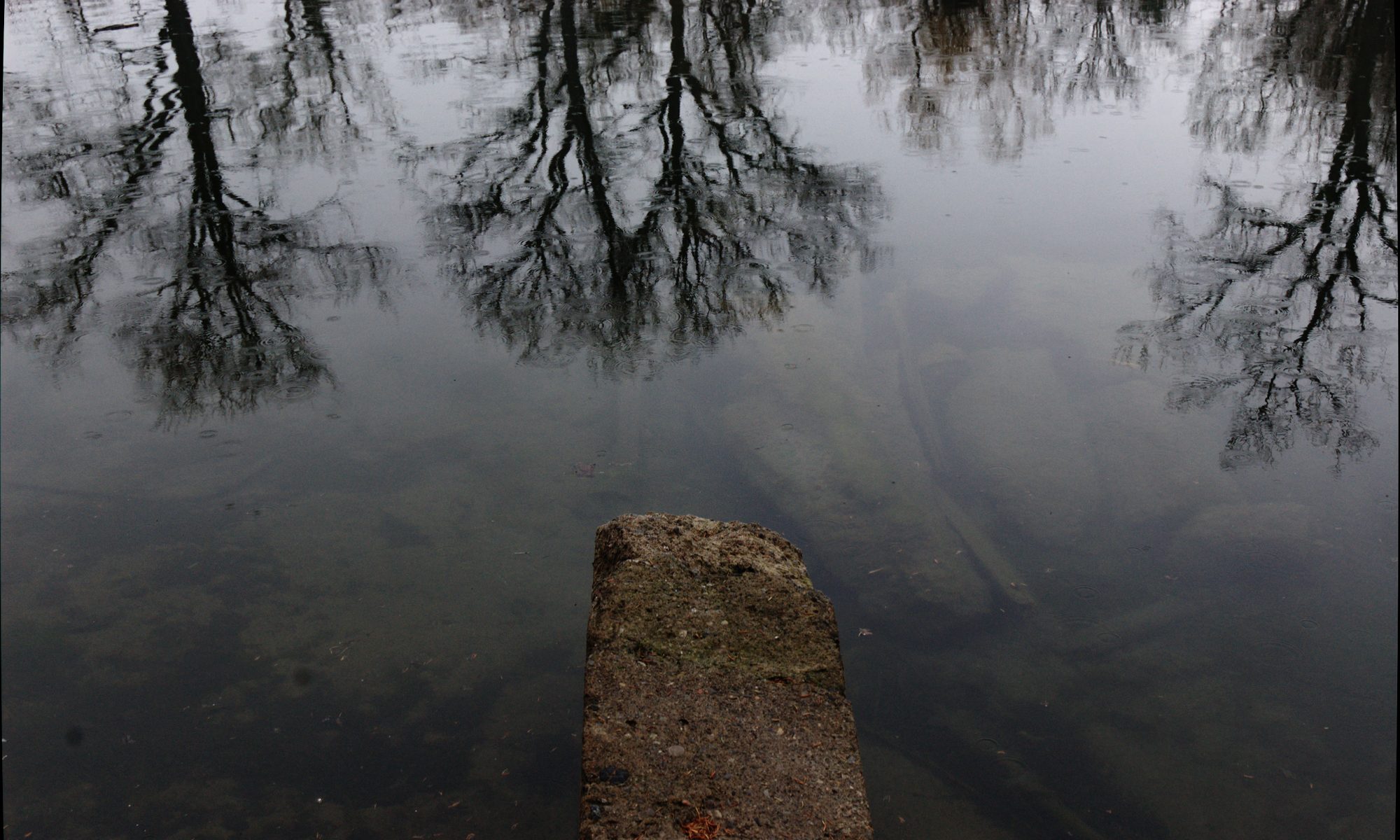I’ve written before about writing advice. I’ve even created a somewhat cheeky sub-title for certain articles (Wr*ting Advice) about writing advice.
Let’s review the stuff I hate:
-
- writing advice ends up being vague because when you write writing advice for a general audience you’re either speaking to someone more advanced (and leaving beginners out) or speaking to someone about basics (and leaving the more advanced out).
- same as above, but with respect to what type of writing we are talking about; in general, when I’m writing about writing advice I’m writing about writing fiction (though I’m sure there are applications well beyond), but even then, what kind of fiction? Highbrow literary fiction? Genre (romance/horror/SFF)? Something in-between?
- perhaps most hated of all is the pervasiveness of writing advice, which seems to have become its own cottage industry (not, I wish to clarify, writing workshops, which can be worth their weight in gold). When I see interviews with animators are they asked what advice they have for other animators? No. When I see interviews with performing artists (dancers, singers) are they asked what advice they have for other performing artists? No. Now, I’m not thick, I get it: writing is easier to access (all you need at bare minimum of cost is a pencil and a piece of paper) and so there are always going to be people trying it out, which is cool. It’s the disparate mess those seeking direction have to wade through that I feel bad about.
This all said, I’d like to mention a book that I found very helpful at a time when I decided to begin taking writing — the labour of, as well as the business of — seriously. I’m not sure whether I would qualify it as a “self-help” book, however it’s likely to be categorized as such. It’s called Art & Fear: Observations on the Perils (and Rewards) of Artmaking, written by David Bayles and Ted Orland. The book was inspired by what its authors saw around them as they entered their 30s, namely that their artist peers were dropping out. The book is, in a sense, an examination of why that was, and delves into matters both practical and psychological without being overly technical in either area.
To this day, I use some of the book’s observations about perfectionism and artistic process in my work with clients (artmakers or not). If there’s one thing I walked away with personally (and I’m happy to say I walked away with several observations), it’s the importance of not getting hung up on any one project to the detriment of others (present or future). When you’re a beginner it’s easy to want cling to any proof that you’re good; this especially holds true for those without the means/opportunities to attend a writing workshop or join a writer’s group. The problem with this — especially with more ambitious (in scope and/or length) projects — is that one might be tempted to continue working on a particular project for a very, very long time (or submitting it in vain to every. single. publisher) and leaving other ideas by the wayside in the process. It’s not about whether that original idea is good/not-good, it’s about how much of your creative life (which, for those of us who need to pay rent for a living doing other things, is finite) you’re expending on one single thing as opposed to moving on to the next idea and, along the way, seeing progress of a different kind; going from “this is good” to “this is different/more advanced.”
It was first published in 1985. I read it in 2005, and I’m sure it’s just as useful for someone in 2021. If you decide to buy this book (or any), please consider purchasing from a retailer who isn’t Amazon, thank you.
One thing I will also say, specifically about any sort of guide or self-help book, is that its inspirational value is typically a combination of its contents and where you are. It can be a bit like match-making: someone you meet when you’re 23 might not be a good fit, however they might be a perfect fit when you’re 31. This brings me back to what I was saying in the beginning: when seeking writing advice, having an understanding of where you are is just as important as whatever ballyhoo’d resource people are recommending.

